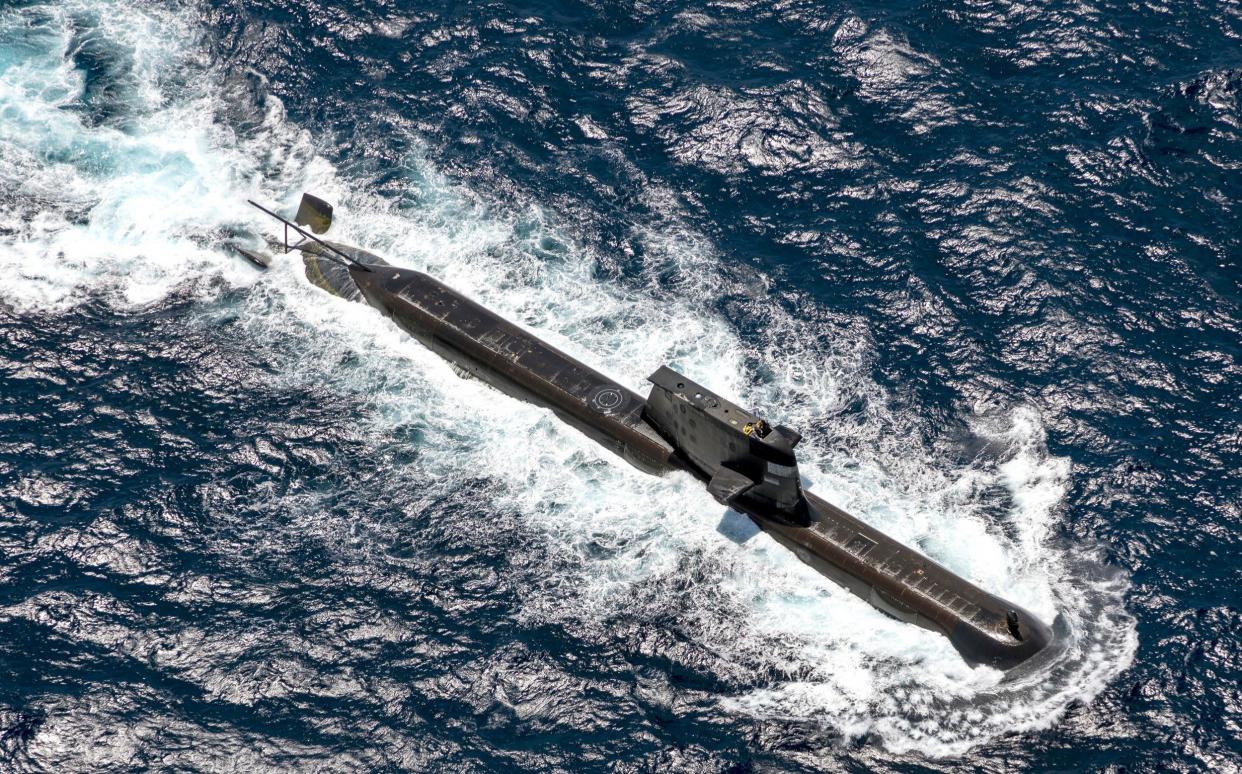North Korea warns Australian submarine deal will lead to nuclear arms race

North Korea on Monday lashed out against a decision by the UK and US to help Australia build nuclear-powered submarines, denouncing it as a “dangerous move” that could set off a nuclear arms race.
The trilateral deal, dubbed Aukus and unveiled last Wednesday, is a key part of a broad security alliance on cyber information and undersea technology that will equip Canberra with “conventionally armed” nuclear submarines.
"These are extremely undesirable and dangerous acts which will upset the strategic balance in the Asia-Pacific region and trigger off a chain of nuclear arms race," a senior North Korean foreign ministry official was quoted as saying by state-run KCNA newswire.
In a statement, the regime said it was “natural” that neighbouring countries like China “condemned these actions as irresponsible ones of destroying the peace and stability of the region” and accused the US of a “double-dealing attitude.”
Malaysia and Indonesia have also expressed concern about the implications of the new defence pact on regional security.
Pyongyang’s condemnation came just days after a series of its own weapons tests, including a long-range cruise missile that experts believe could have nuclear capabilities, and short-range ballistic missiles that were fired from a train, breaking United Nations Security Council resolutions.
Satellite images emerged on Friday that showed the North was making renovations to a uranium enrichment plant that could indicate plans to ramp up production of nuclear weapons, reported CNN.
On Monday, Pyongyang also criticised neighbouring South Korea’s newly unveiled submarine-launched ballistic missile, claiming it was a “clumsy product” that could not serve as an effective means of attack, according to the Yonhap newswire.
The chief of the regime’s Academy of National Defence said the missile could "not be regarded as a weapon of strategic and tactical significance."

 Yahoo News
Yahoo News 
